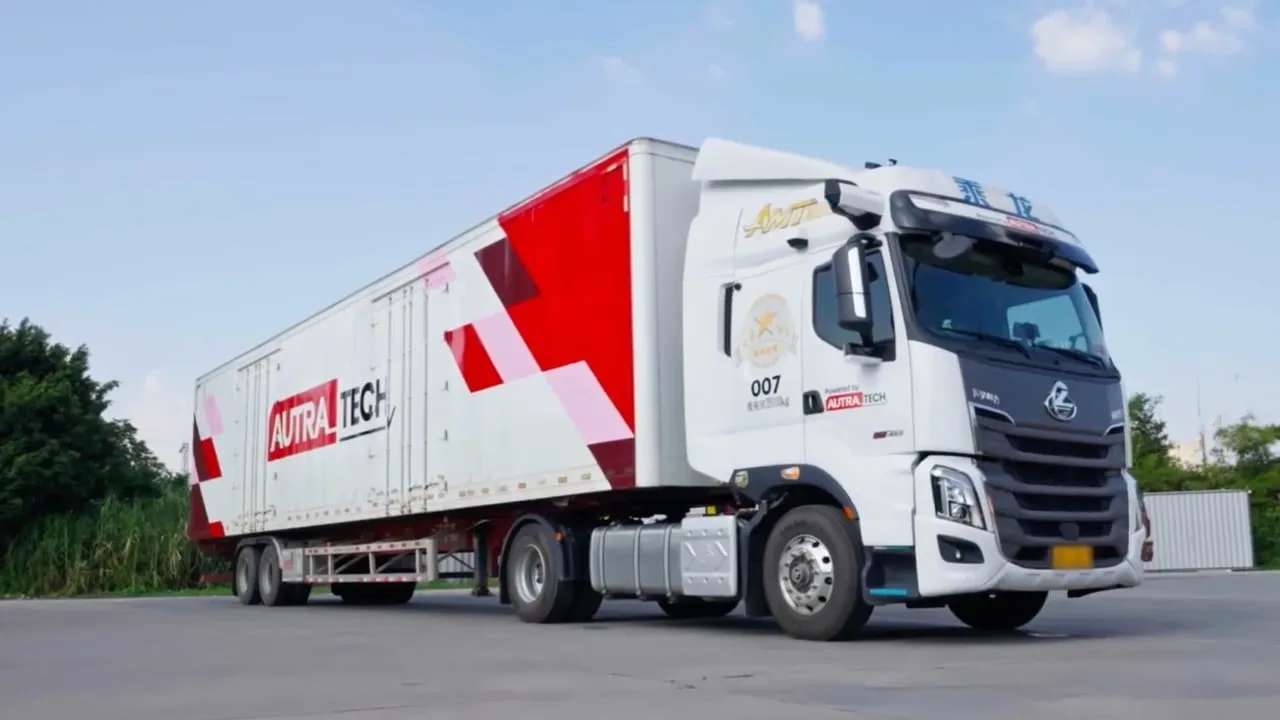Autra.tech: Navigating Economic Headwinds in the Venture Capital Market

Autonomous-driving truck start-up Autra.tech has scaled back its operations amid a cash crunch, according to local media reports, as the United States prepares to ban China-made software for connected vehicles.
Beijing-based Autra.tech's current challenges in financing and tight cash flow cannot support its research and development plans, product outlay and operations, chief executive Fei Ding wrote in an internal letter to employees in September, according to a report this week by Chinese news outlet LatePost.
That has prompted the company to push a range of cost-reduction measures, including cutting all employees’ monthly salary to 10,000 yuan (US$1,408), cancelling the development of new vehicle models and suspending delivery of new orders, Ding wrote in the letter.
Autra.tech's office in southern tech hub Shenzhen was vacated in the middle of October, while its workplace in Guangzhou had also become inactive, according to the LatePost report. Some employees at its Beijing headquarters already work from home.
Autra.tech did not immediately reply to a request for comment on Tuesday.
Autra.tech's troubles reflect the persistent funding challenges many start-ups face in mainland China, as economic headwinds and the lack of an exit path continue to weigh down the country’s venture capital market.
In the three months ended September, private-market fundraising transactions declined 9.7 per cent year on year, according to data published last month by market research firm ITjuzi.
China’s autonomous-driving sector raised a total of 24.9 billion yuan in the third quarter across 11 fundraising events, ITjuzi said. But it noted that 23 billion yuan of that amount went to one company, Huawei Technologies’ smart-car equipment and artificial intelligence (AI) integration-services unit Shenzhen Yinwang Intelligent Technology.
Impending US sanctions have also put China’s autonomous-driving sector on shaky ground. In September, the US Department of Commerce was reportedly in the process of revealing new rules to ban Chinese- and Russian-made hardware and software for connected vehicles. The proposed rules are expected to be enforced in various stages from January 2025 and affect new models in 2027.
China’s biggest autonomous-driving tech companies, including Baidu and Didi Chuxing, have drastically cut back road tests in the US and in some cases, ended them altogether, the South China Morning Post reported last month.
Established in July 2021, Autra.tech offers self-driving software system AutraPilot and has co-developed the AutraOne intelligent vehicle, based on the Chenglong H7 heavy-duty tractor, with electric carmaker Dongfeng Liuzhou Motor. The AutraOne has completed more than 300 cargo transport runs on the mainland, the company said in January.
Autra.tech has so far raised more than 2 billion yuan from investors, including Chinese logistics powerhouse SF Express, internet search and AI giant Baidu and IDG capital, according to records of Chinese corporate database Qichacha.
Major Chinese self-driving car proponents, by contrast, have stepped up their financing initiatives in the capital market. Guangzhou-based self-driving start-up WeRide last month raised US$440.5 million from its initial public offering in New York, a week after Toyota Motor-backed robotaxi firm Pony AI filed to go public on Nasdaq.
Auto chip designers Horizon Robotics and Black Sesame Technology recently raised HK$5.4 billion (US$696 million) and HK$1.04 billion, respectively, from their Hong Kong listings.
This article was prepared using information from open sources in accordance with the principles of Ethical Policy. The editorial team is not responsible for absolute accuracy, as it relies on data from the sources referenced.